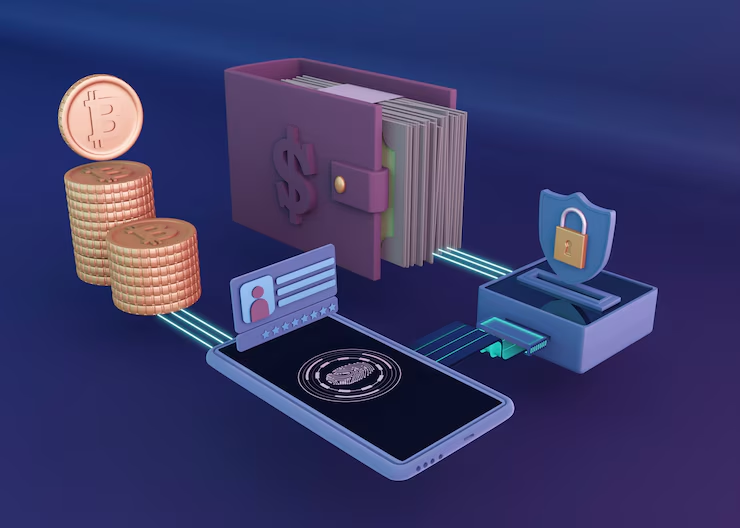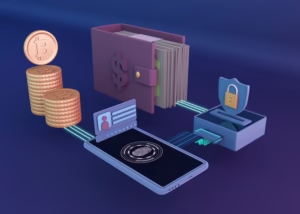In today’s digital world, managing money isn’t just about saving—it’s about making informed, strategic decisions. As the finance industry grows more complex with innovations like fintech, digital wallets, and robo-advisors, financial literacy has never been more important.
1. The Rise of Financial Tools – But Do You Know How to Use Them?
Modern consumers have access to a range of digital tools—from budgeting apps and investment platforms to credit monitoring services and savings trackers. However, without understanding how these tools work, many users fail to maximize their benefits.
Learning how compound interest works, how credit scores affect loan eligibility, or how to diversify your investment portfolio is crucial for financial independence in the digital age.
2. Empowering Consumers Through Education
Financial literacy programs are now being integrated into schools, workplaces, and mobile apps to help people make better choices. A financially educated person is more likely to:
- Avoid debt traps and high-interest credit cards
- Invest early and wisely in mutual funds, SIPs, or stocks
- Choose the right insurance policies and retirement plans
- Set long-term goals like home buying or children’s education
By understanding key concepts like inflation, ROI, tax planning, and risk management, consumers can take control of their future, not just react to it.
Final Note
The finance industry is evolving, but without widespread financial literacy, its benefits may remain out of reach for many. Smart money habits begin with the right knowledge—and today, that knowledge is more accessible than ever.
















